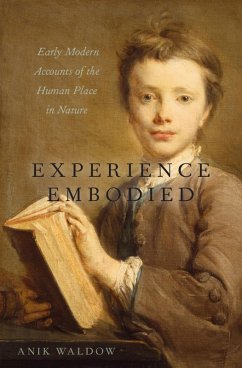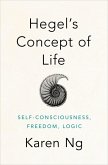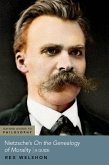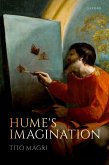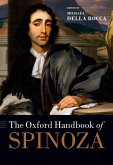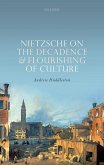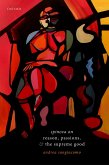Anik Waldow develops an account of embodied experience that extends from Descartes' conception of the human body as firmly integrated into the causal play of nature, to Kant's understanding of anthropology as a discipline that provides us with guidance in our lives as embodied creatures. Waldow defends the claim that during the early modern period, the debate on experience not only focused on questions arising from the subjectivity of our thinking and feeling, it also foregrounded the essentially embodied dimension of our lives as humans. By taking this approach, Waldow departs from the traditional epistemological route dominant in treatments of early-modern conceptions of experience. She makes the case that reflections on experience took center stage in a debate that was moral in nature, because it raised questions about the developmental potential of human beings and their capacity to instantiate the principles of self-determined agency in their lives. These questions emerged for many early modern authors since they understood that the fact that humans are embodied entailed that they are similarly responsive and causally-determined like other non-human animals. While this perspective made it possible to acknowledge that humans are part of the causal dynamics of nature, it called into question their ability to act in accordance with the principles of free, rational agency.
Experience Embodied reveals how early modern authors responded to this challenge, offering a new perspective on the centrality of the concept of experience in comprehending the uniquely human place in nature.
Dieser Download kann aus rechtlichen Gründen nur mit Rechnungsadresse in A, B, BG, CY, CZ, D, DK, EW, E, FIN, F, GR, HR, H, IRL, I, LT, L, LR, M, NL, PL, P, R, S, SLO, SK ausgeliefert werden.

